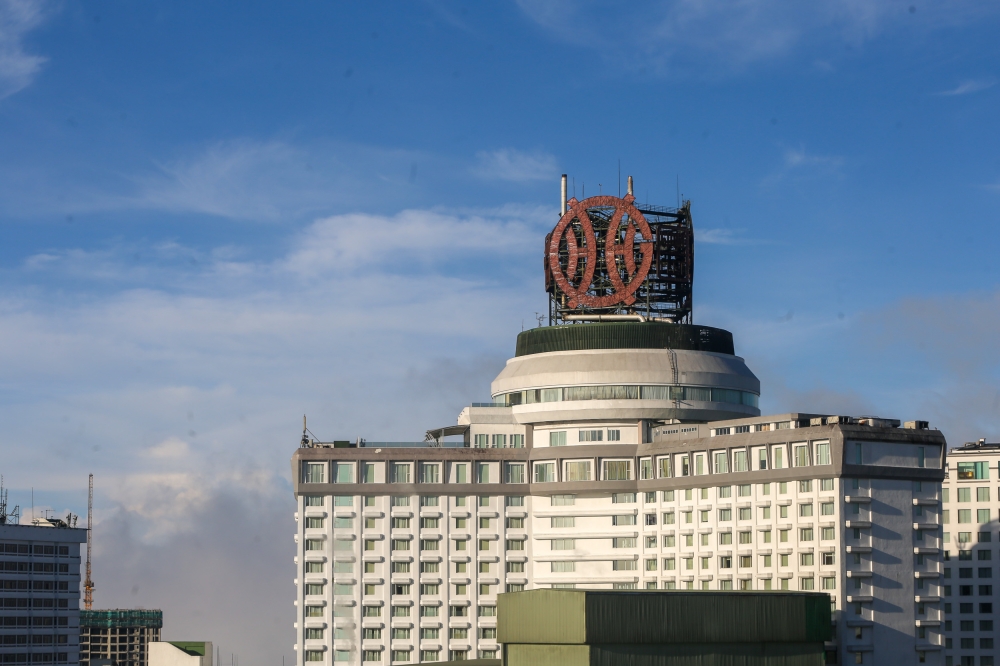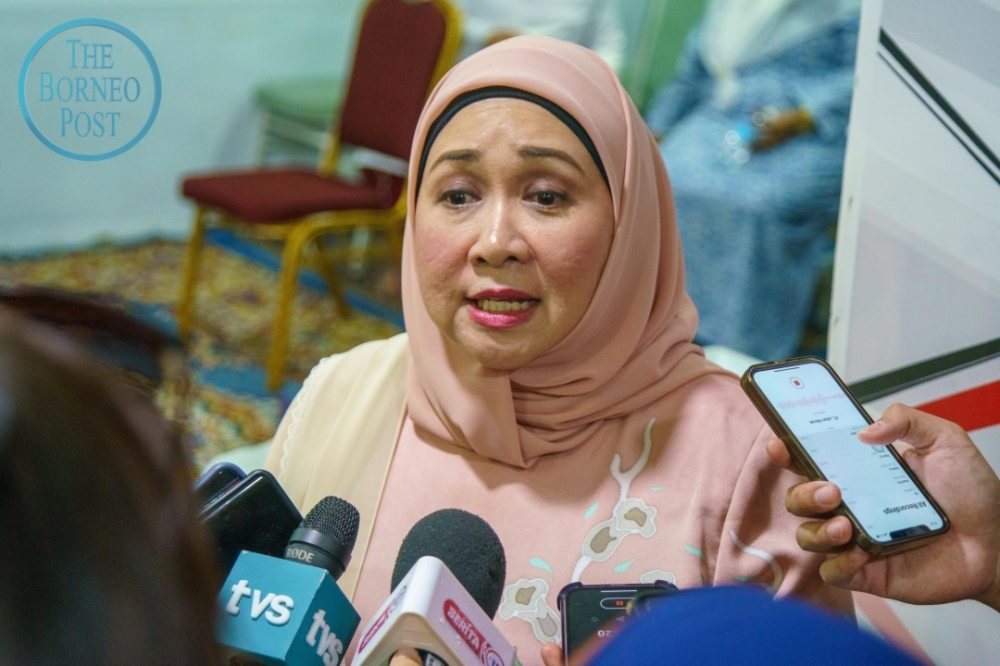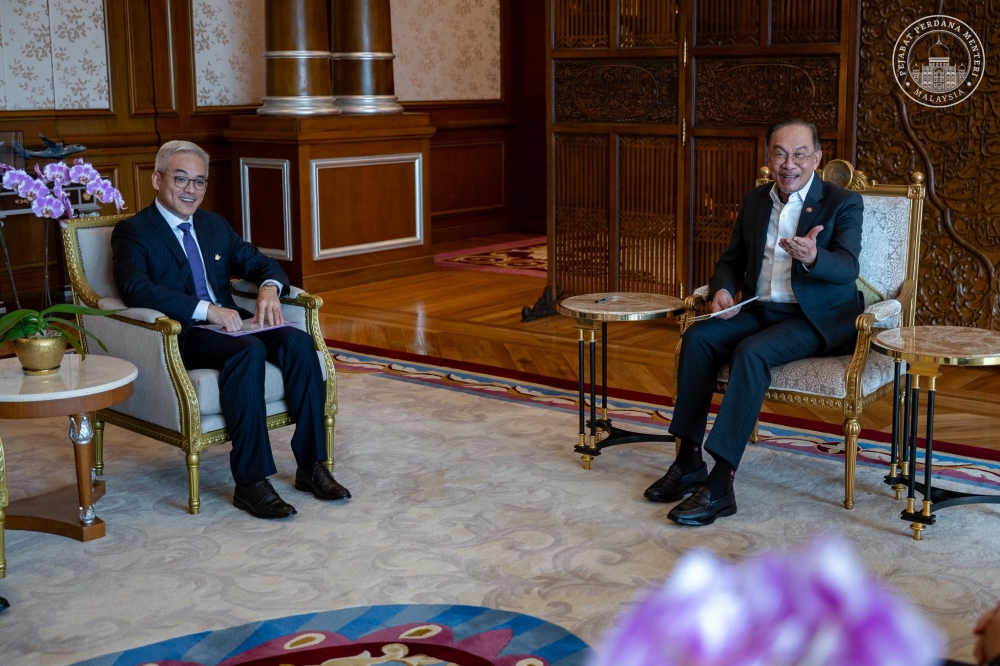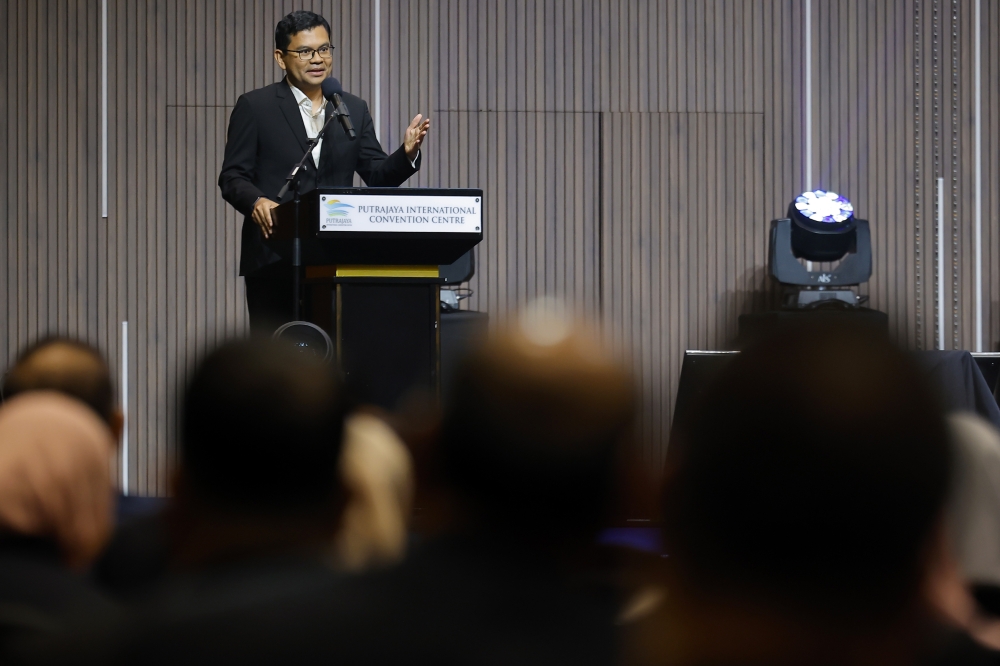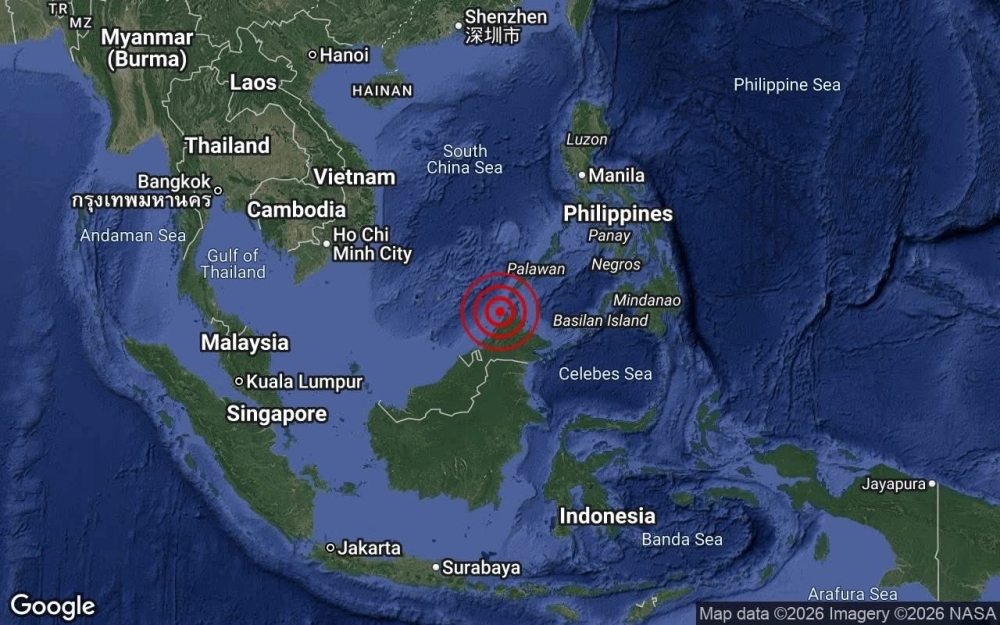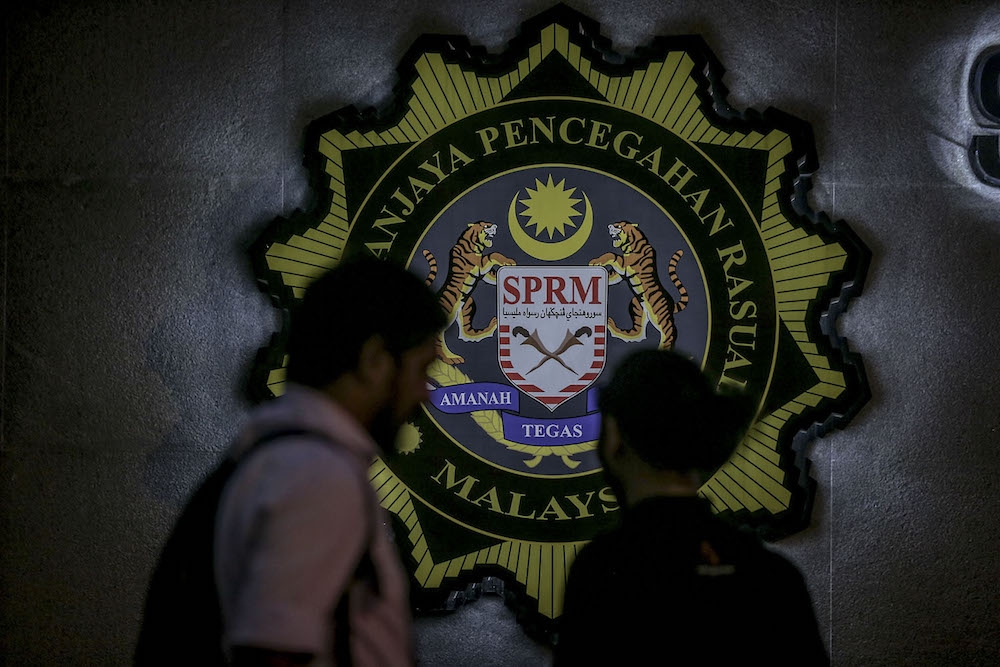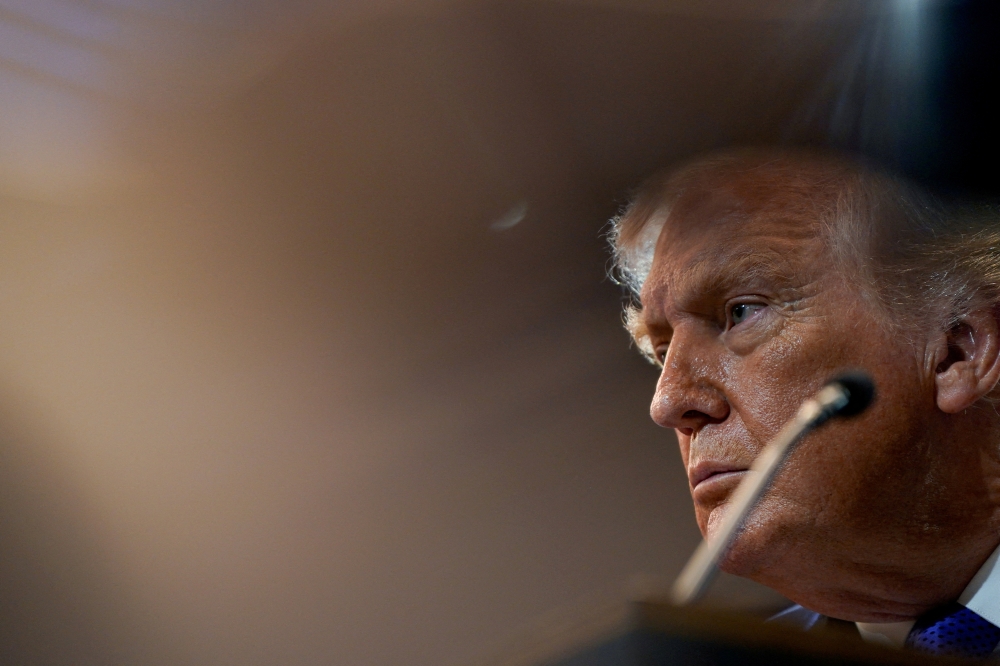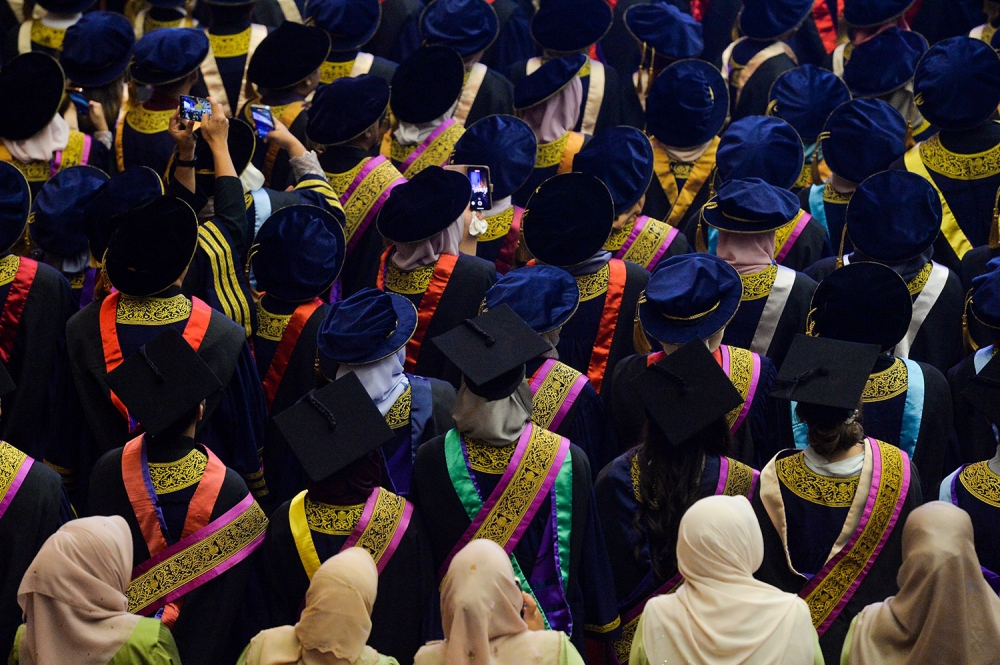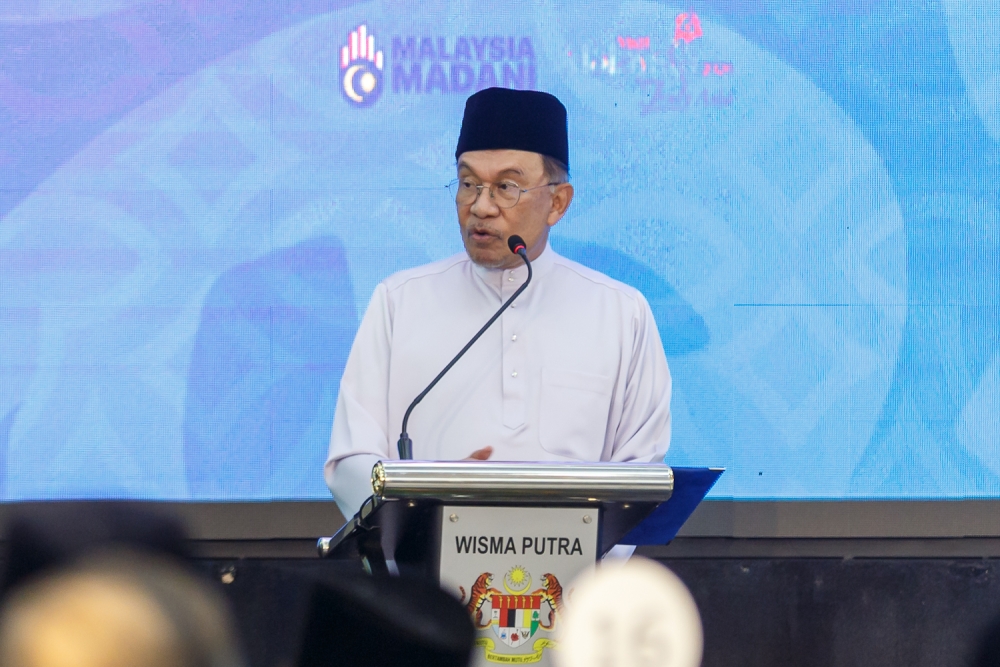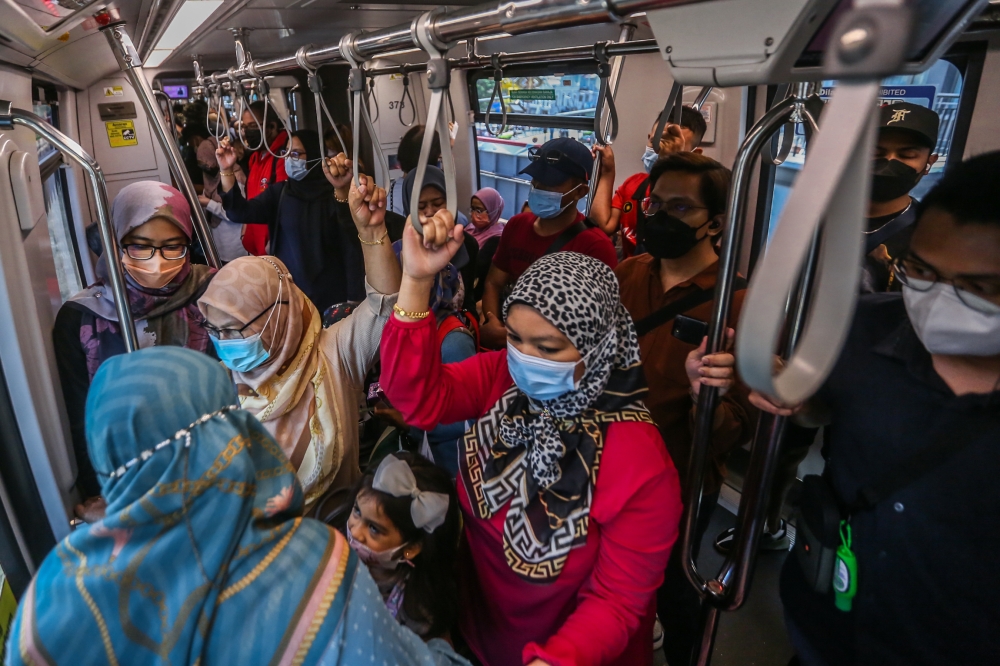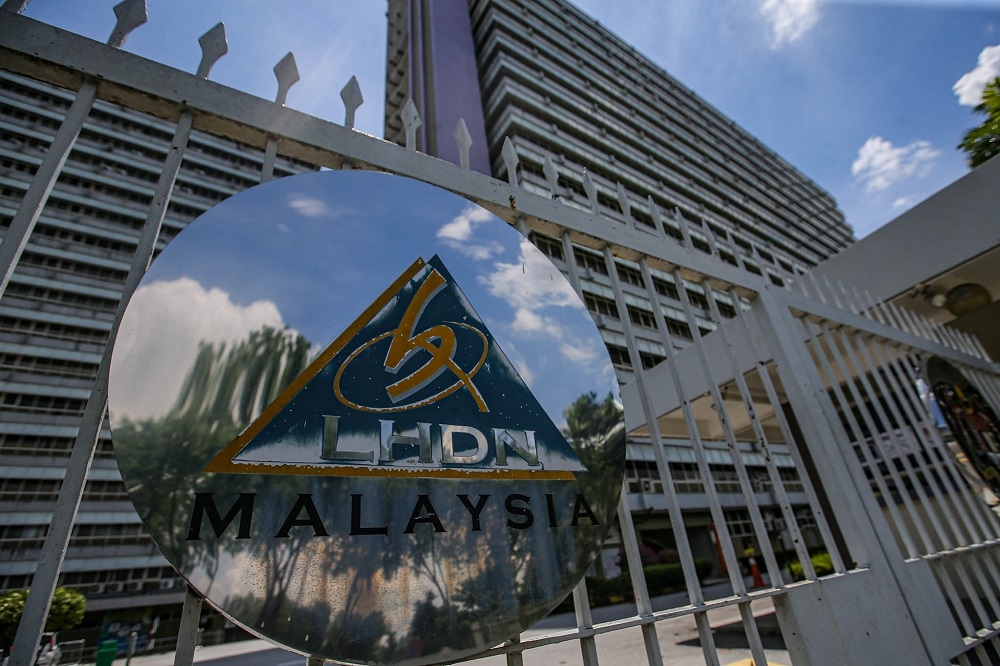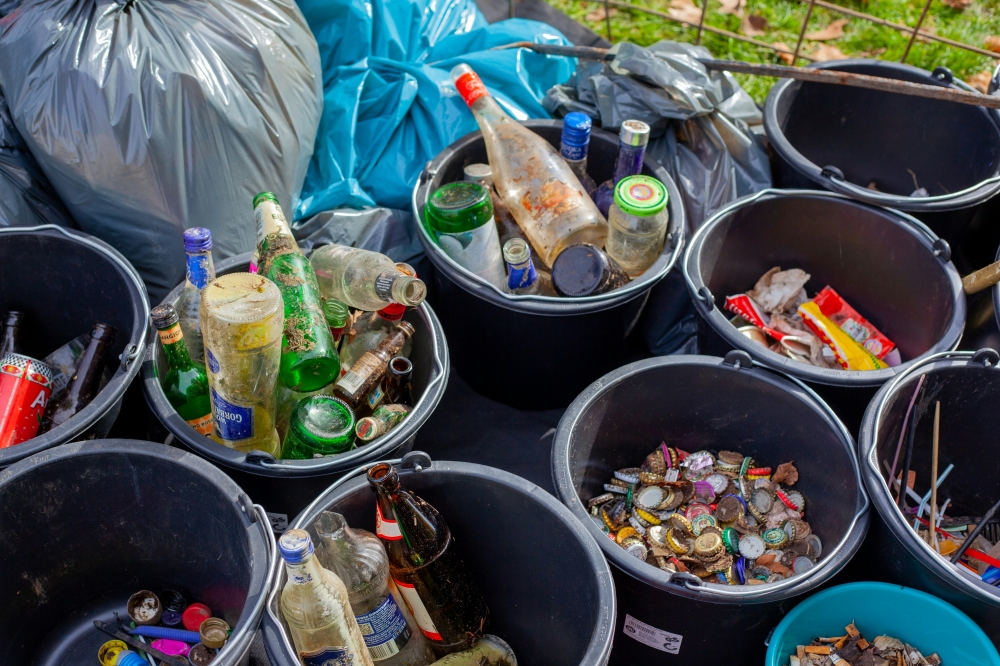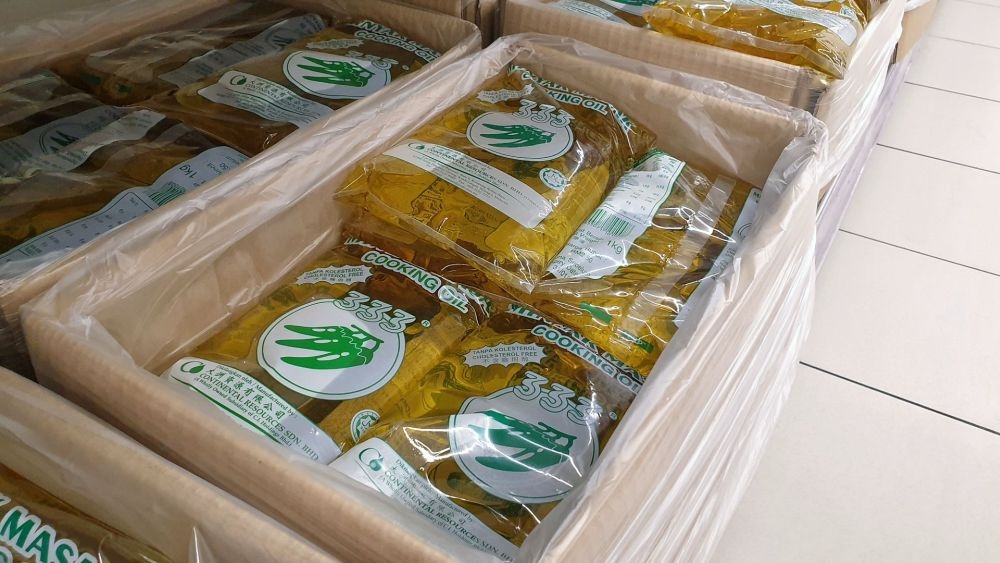KUALA LUMPUR, May 18 — Seeking to build up Malaysia’s revenue, the Inland Revenue Board (IRB) is also offering a full reset for those who have yet to pay their taxes to do so through its Special Voluntary Disclosure Programme 2.0 (SVDP) programme, The Star reported today.
IRB chief executive officer Datuk Mohd Nizom Sairi said those who pay up their taxes during the year-long amnesty programme from June 1 to May 31, 2024 can have a fresh start as no punishment will be meted out.
“There will be zero penalties under SVDP 2.0.
“This is an opportunity for everyone to come forward openly and honestly, especially those who are aware that they have not been paying taxes and have not been declaring or over-claiming tax reliefs or rebates.
“Let us establish a reset and start from a clean slate so that we can move forward after this,” he was quoted as saying.
But Mohd Nizom said the zero penalty has a caveat as it will only apply to individuals and companies not currently under audit or investigation by IRB.
“Don’t wait till the last minute to participate in the programme. IRB will continue doing its job of selecting high-risk cases for audit or investigation.
“If you don’t come forward and your case is selected and discrepancies are found, then the window of opportunity for the zero penalty will be closed,” he told the newspaper.
The tax amnesty offers a full penalty waiver for any unreported tax voluntarily disclosed by taxpayers.
“The SVDP 2.0 covers those who have yet to declare their income, including existing taxpayers.
“We have to be fair to existing tax payers who may have incorrectly filed their taxes and want to come forward in good faith now,” Mohd Nizom told the daily.
Under the previous amnesty programme, a penalty of between 10 per cent and 15 per cent was imposed for the late submission of tax returns by individuals or businesses.
The penalty was also imposed for undeclared or under-declared income, over-claimed expenses, rebates and reliefs, including unreported real property gains tax.
It allowed those who had deliberately or inadvertently under-declared their incomes to pay lower penalties compared to the usual 45 per cent to 300 per cent.
Mohd Nizom said many had participated in the previous tax amnesty programme.
“However, when the previous programme ended, we found that many individuals and companies that came forward were those who were already under audit or investigation by IRB.
“They insisted on being part of the SVDP knowing that they would be subjected to a lower penalty if audited by IRB,” he was quoted as saying.
According to The Star, some 286,000 taxpayers took part in the first SVDP which ran from November 3, 2018 to September 30, 2019. Of this number, 11,000 were new taxpayers.
The first tax amnesty programme saw RM7.8 billion in additional taxes for the government.
Mohd Nizom told The Star that SVDP 2.0 is targeting new online entrepreneurs and individuals with small businesses that have since expanded but have yet to declare their incomes.
He said these groups may have forgotten their tax obligations due to being too focused on seeing their business grow over the past three years, including during the Covid-19 recovery phase.
Mohd Nizom said IRB’s main goal in the amnesty programme was not to generate more revenue, but to give individuals and companies a chance to fulfil their tax obligations.
He gave his assurance that IRB will make it easier for everyone to fulfil their tax obligations.
“If there are disputes, we will negotiate and see if we can come to a mutual agreement,” he was quoted as saying.
He added that going to court was an option if a resolution cannot be found.
On February 24, Prime Minister Datuk Seri Anwar Ibrahim announced the revival of the tax amnesty programme under Budget 2023, in line with the Malaysia Madani policy of strengthening the nation’s fiscal and economic position.
It was reported that IRB expects about 50,000 new taxpayers participating in the SVDP 2.0.
The latest programme under IRB is expected to see more than RM10 billion tax revenue collected on top of those from existing taxpayers.

